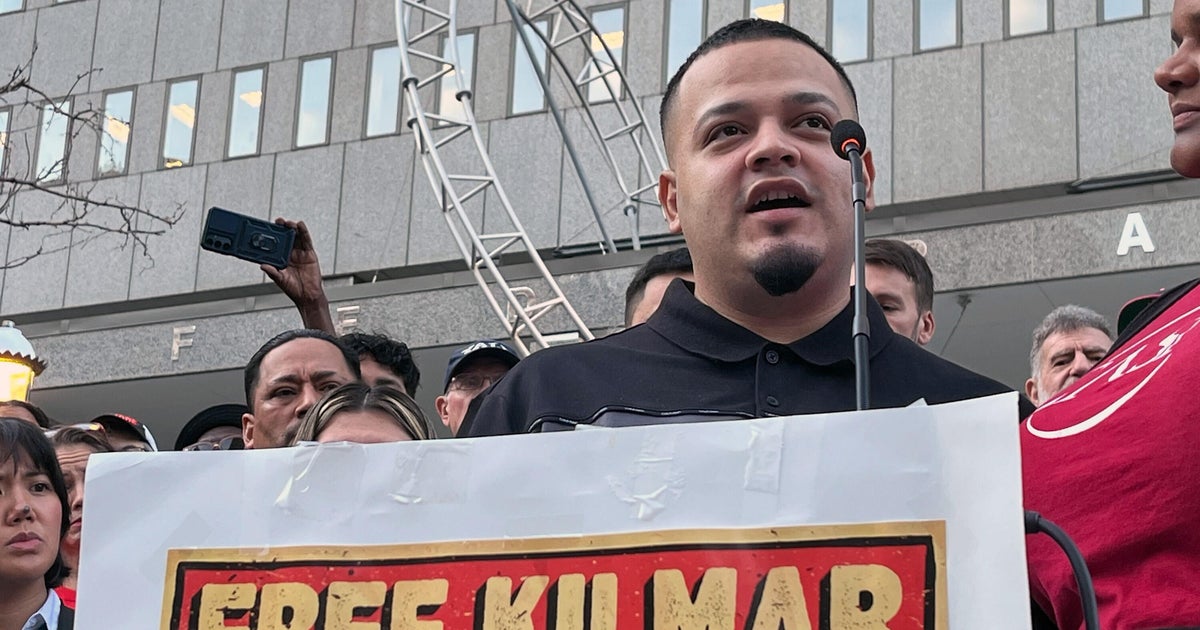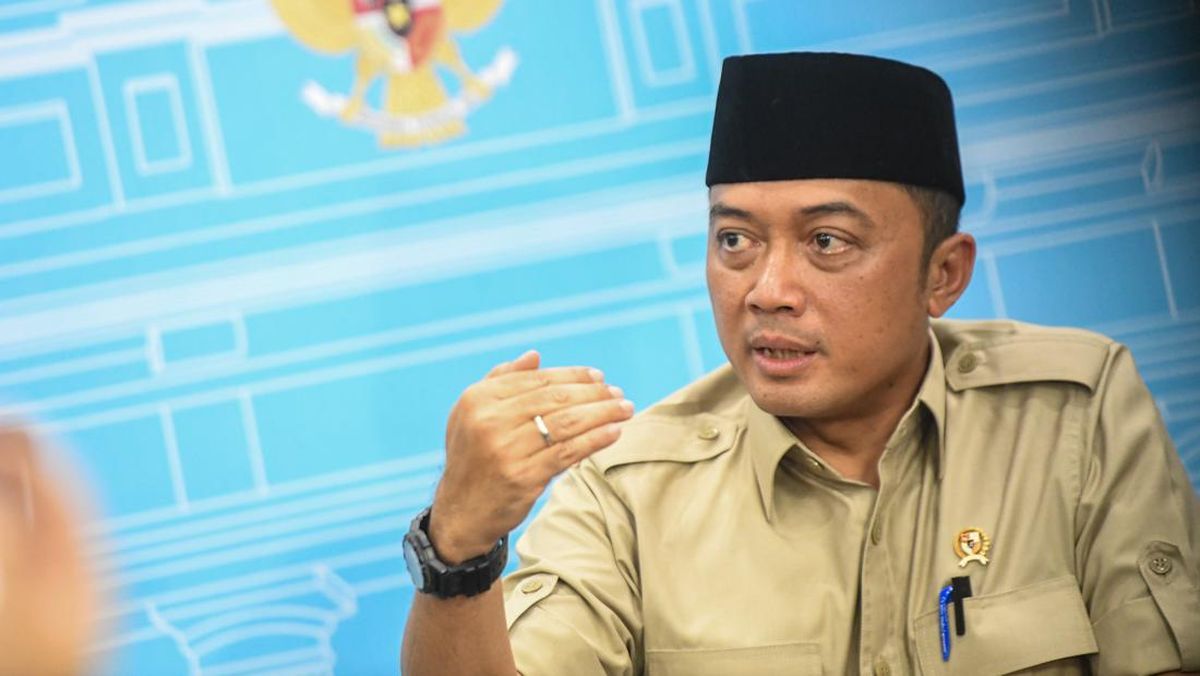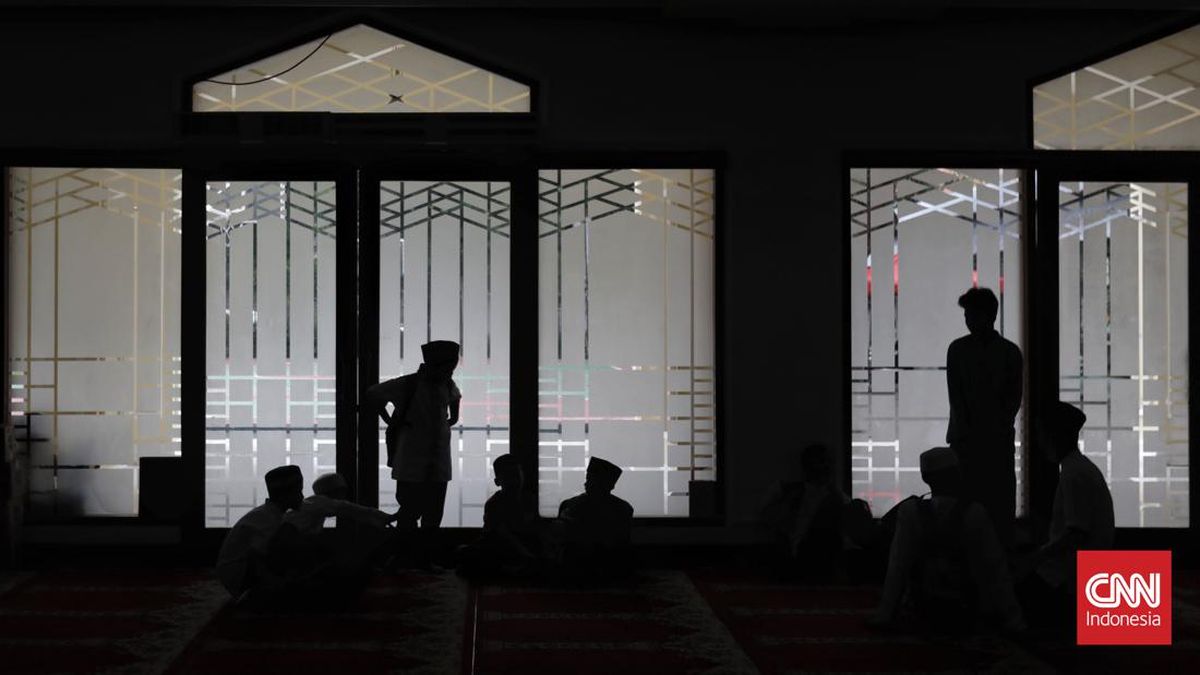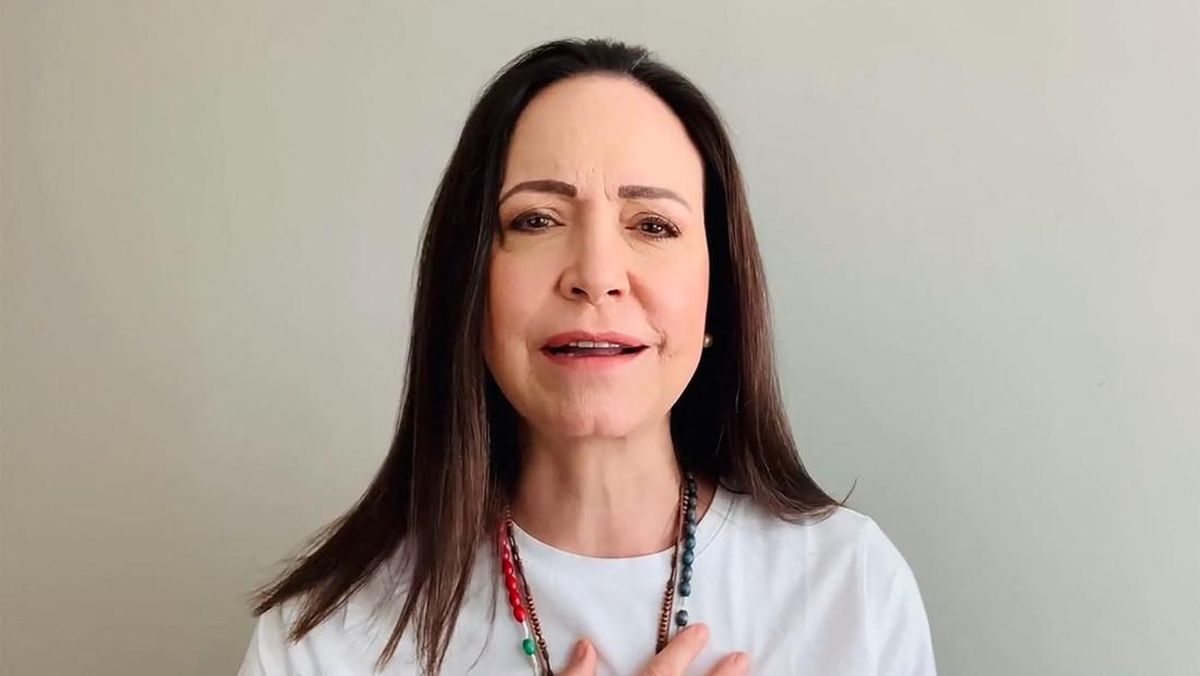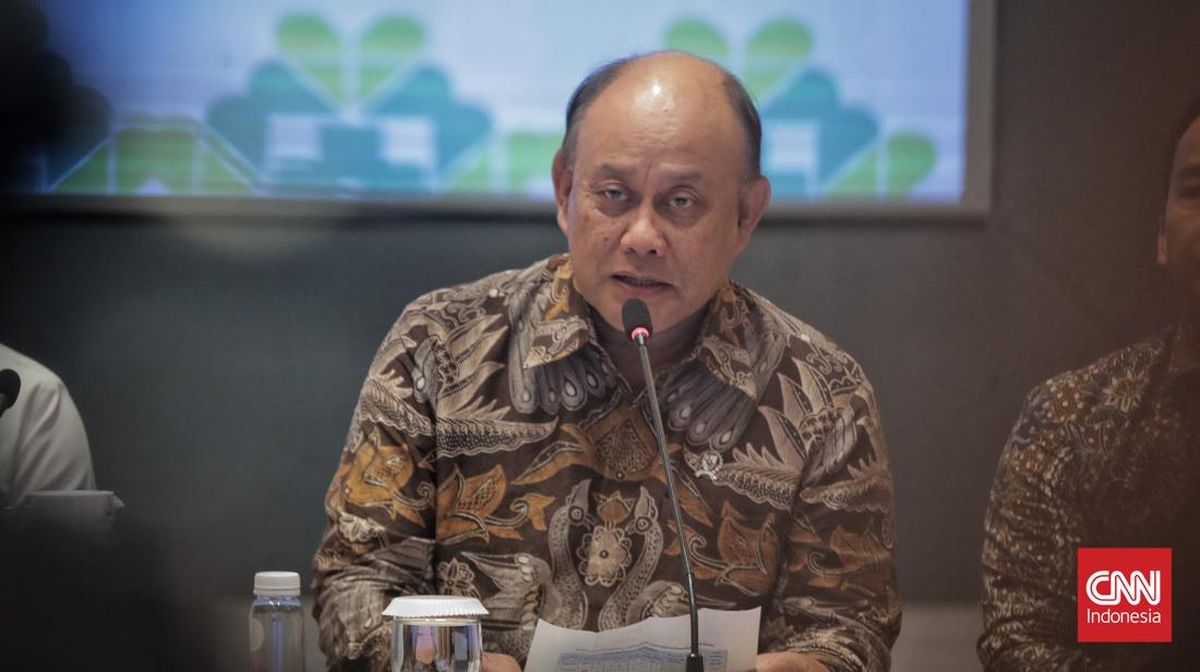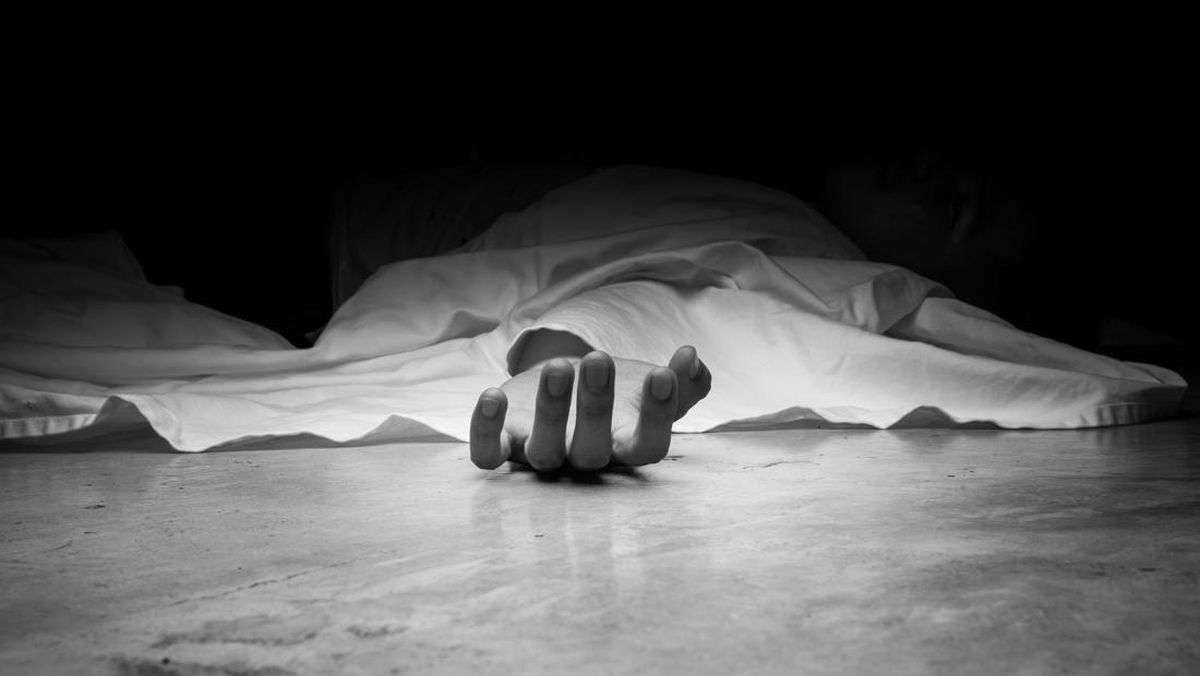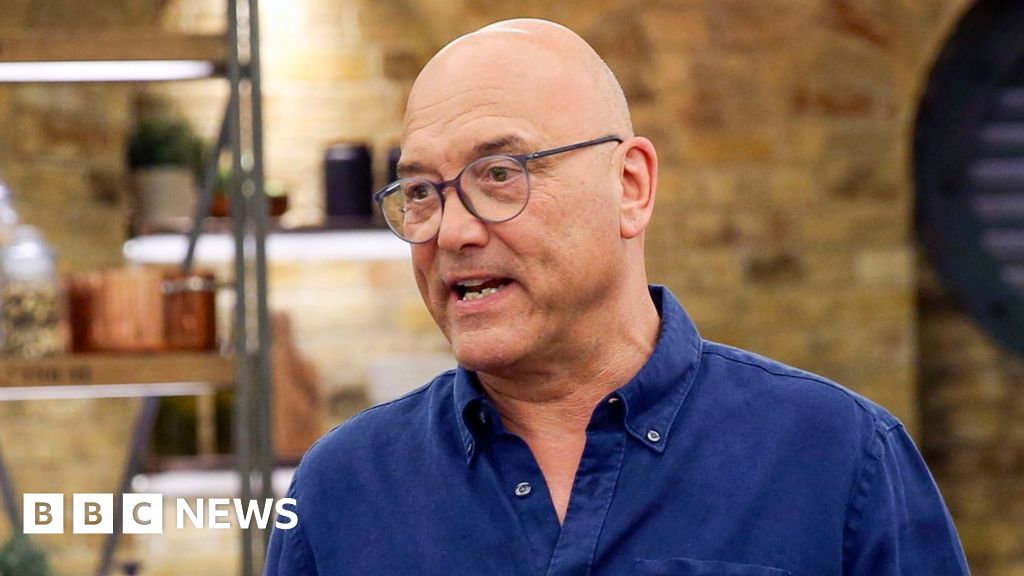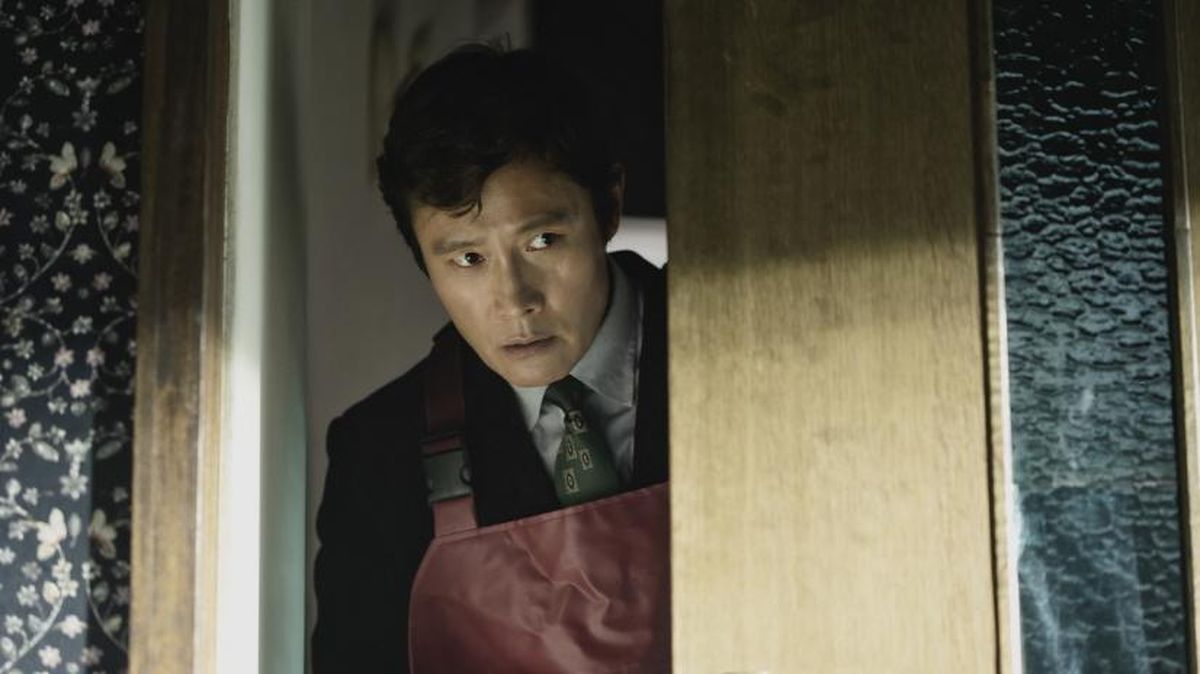Threats surge after Charlie Kirk's killing

Washington — The California man who pleaded guilty to attempting to assassinate Supreme Court Justice Brett Kavanaugh in 2022 aimed to kill three members of the high court in an effort to "single-handedly alter the constitutional order for ideological ends," according to federal prosecutors.
The revelation by the Justice Department came in a sentencing memorandum filed Friday with the U.S. district court in Maryland in the case of Nicholas Roske. Roske was arrested near Kavanaugh's home in early June 2022 with a handgun, ammunition, knife and a myriad of tools.
He pleaded guilty in April to attempting to kill or kidnap a Supreme Court justice. Prosecutors are asking a judge to sentence Roske to at least 30 years to life in prison, arguing that his conduct is an affront to the Constitution and required "extensive premeditation."
"The defendant researched; planned; procured the tools for the planned killings; traveled across the entirety of the country with those tools, including a gun; and attempted to delete online evidence of motive and intent," they wrote. "The defendant's objective — to target and kill judges to seek to alter a court's ruling — is an abhorrent form of terrorism and strikes at the core of the United States Constitution and our prescribed system of government."
Prosecutors wrote that Roske's offenses are "bone-chilling," and that he attempted to commit "pre-planned, cold-blooded murder" against Kavanaugh based on the outcome of a case.
"No judicial or court official, or their family, should have to live under the fear and mental toll that they could, on any day, at any time of day or night, be gunned down based on a judicial decision," they said in the filing.
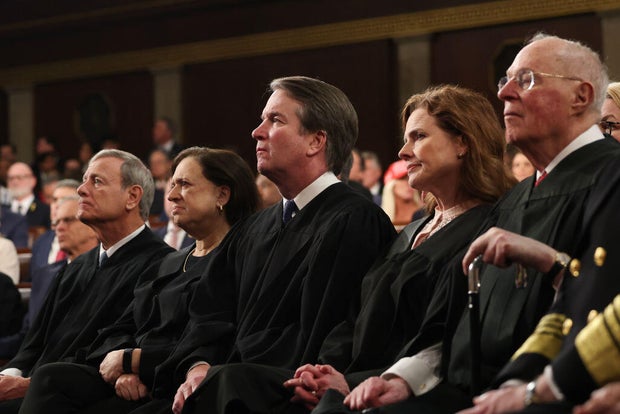 Chief Justice John Roberts, Justices Elena Kagan, Brett Kavanaugh, Amy Coney Barrett and retired Justice Anthony Kennedy attend President Trump's address to a joint session of Congress at the U.S. Capitol in Washington, D.C., on March 4, 2025.
Win McNamee / Getty Images
Chief Justice John Roberts, Justices Elena Kagan, Brett Kavanaugh, Amy Coney Barrett and retired Justice Anthony Kennedy attend President Trump's address to a joint session of Congress at the U.S. Capitol in Washington, D.C., on March 4, 2025.
Win McNamee / Getty Images
The document lists various messages that prosecutors say Roske posted to the social media platform Discord throughout May 2022, which include references to the Supreme Court's 1973 decision in the landmark case Roe v. Wade. His messages were posted in the weeks after a leaked draft opinion from the high court indicated it was poised to overturn the decision, which established the constitutional right to abortion. The Supreme Court would strike down Roe in June 2022.
"What do you think would happen if [Kavanaugh] died?" Roske wrote on May 18, 2022, according to the sentencing memo. He also sent a message that day stating, "Also the right have a 5-4 majority so if one conservative justice dies then it becomes a 5-4 for the left," prosecutors said.
Days later, on May 27, Roske wrote "im gonna stop roe v wade from being overturned" and, in response to the question "what u tryna do," he said, "remove some people from the supreme court," according to the messages cited by prosecutors.
"Yeah but i could get at least one, which would change the votes for decades to come. and I am shooting for 3," Roske wrote, according to the court filing.
Roske also conducted Google searches for "how much force do you need to stab someone's neck," "most effective way to silently kill someone" and "how to break a lock," according to the memorandum.
Prosecutors said that a map saved in Roske's Google account contained pins that marked what he believed were the homes of four sitting Supreme Court justices. The Supreme Court has a 6-3 conservative majority.
Roske conducted internet searches related to combat and body armor, guns, shooting from long ranges and breaking into homes throughout May 2022, according to Justice Department lawyers. He also researched the Supreme Court and "targeted certain justices," they wrote in the sentencing memo.
Roske looked into Kavanaugh "extensively," including his name and home address, and researched three other members of the Supreme Court and their home addresses, the memo said. The other justices are identified only as "Justice 2," "Justice 3" and "Justice 4" in court papers.
Before leaving for Maryland, Roske searched for "windows how to wipe down a drive," and sought to delete his Discord account, prosecutors said.
His research also included what may happen after he carried out a crime, including ways to evade prosecution by fleeing to countries without extradition agreements with the U.S. and possible defenses, according to prosecutors' sentencing memorandum.
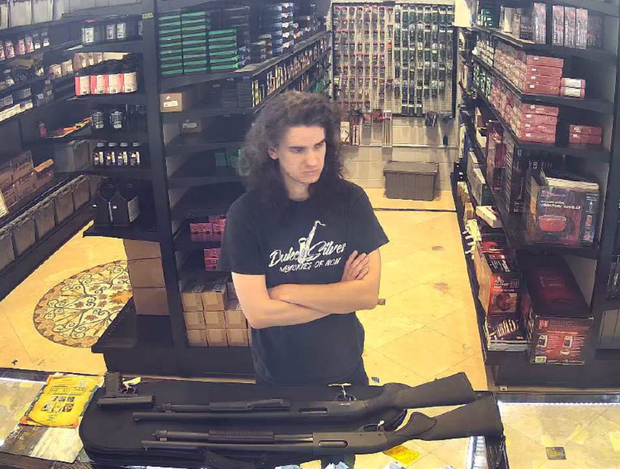 Surveillance footage provided in court filings shows Nicholas Roske at a gun shop on May 23, 2022.
Justice Department
Surveillance footage provided in court filings shows Nicholas Roske at a gun shop on May 23, 2022.
Justice Department
Roske flew from California, where he lived, to the Washington, D.C., area on June 8, 2022, and took a taxi to Kavanaugh's house in Maryland. He arrived around 1 a.m. with a suitcase packed with a Glock 17 pistol; two loaded magazines and additional ammunition; a chest rig, which is a harness used to carry gear; a knife; lock picks; a hammer; screwdriver; nail punch; crowbar; duct tape; hiking boots with padding attached to the bottom of the soles; and pepper spray, according to prosecutors.
Prosecutors said the material affixed to the bottom of Roske's shoes was designed to quiet his footsteps.
A deputy U.S. Marshal guarding Kavanaugh's residence saw Roske pull up in the car and went to get out of her vehicle when he arrived, according to the memorandum. After he realized law enforcement was outside the house, Roske said he decided to walk past Kavanaugh's house, prosecutors said. Roske then received a phone call from his sister and called 911 after speaking to her for roughly 20 minutes, according to the memo.
Roske was arrested by local police after he called the authorities, and officers found the weapons and tools in his luggage during a search. He later told detectives that he had conducted research on Kavanaugh and bought the gun "with the intention of using it. To kill [the justice] and then myself," court filings show. He also told police that the Supreme Court's draft opinion reversing Roe made him "upset" and motivated his plan to kill Kavanaugh, according to prosecutors.
"Another motivating factor was I heard that the current court was thinking about loosening gun restrictions," Roske said, according to the filing.
Prosecutors asked the judge to apply a terrorism enhancement when determining Roske's sentence because his conduct was designed "to influence or affect the conduct of government by intimidation or coercion, or to retaliate against government conduct."
"The defendant sought to influence or affect the workings of the Supreme Court, both in the outcome of a then-pending decision and, in the defendant's own words, in the judiciary's decisions for 'decades to come,'" they wrote.
Prosecutors also said that because Roske targeted and planned to kill up to three Supreme Court justices, he "sought single-handedly and irrevocably to alter an entire branch of the United States government through violence."
They also wrote that Roske's actions have sparked other threats, saying that Kavanaugh received a letter earlier this year invoking Roske's name and referencing a gunshot to the justice's head.
Details about the breadth of Roske's plans come as federal judges nationwide have experienced a rise in threats of violence. Chief Justice John Roberts warned in his year-end report last December about threats to judicial independence, including violence and intimidation. Justice Amy Coney Barrett told CBS News senior correspondent Norah O'Donnell in an interview that she has received death threats.
A trio of federal judges publicly detailed threats to their safety and harassment they have received in recent months, including being targeted through "pizza doxxing." CBS News reported in May that roughly two dozen judges across the country have received unsolicited pizza deliveries in the name of Daniel Anderl, the late son of U.S. District Judge Esther Salas.
Anderl was killed when he answered the door at his family's New Jersey home in 2020 and was shot by a disgruntled gunman who was targeting Salas.
Scott MacFarlane is CBS News' Justice correspondent. He has covered Washington for two decades, earning 20 Emmy and Edward R. Murrow awards. His reporting has resulted directly in the passage of five new laws.

